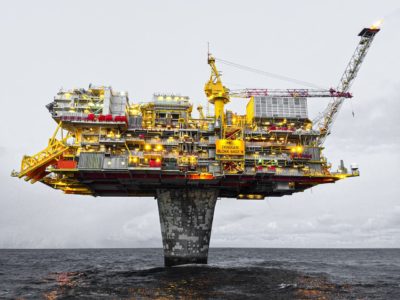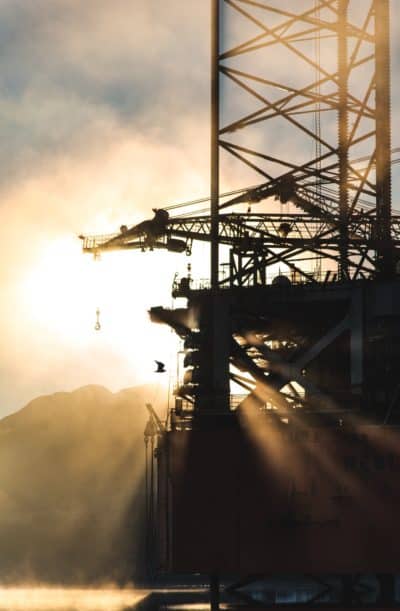In today’s world, technology is evolving faster than ever before, and every industry needs to keep up—especially oil and gas. Utilizing robotics in your day-to-day processes and operations is a great way to stay ahead of the curve and protect your workers at the same time. They can be used in everything from part assembly to more hazardous jobs like industrial tank cleaning.
Robots help save time and money while increasing employee safety and productivity. Since certain jobs in the oil and gas industry can be dangerous for workers, implementing robotics may save lives.
IMAGE: PEXELS
Benefits Of Leveraging Robotics In The Oil And Gas Industry
The benefits of leveraging robotics in this industry are hard to ignore. From 2008-2017, 1,566 workers died from injuries in it, and many go missing every year. To put things into perspective: that is almost the same number of U.S. troops who were killed in Afghanistan during the same period.
Extracting oil and gas involves working in severe temperatures—both below freezing and unbearable heat—and close proximity to explosives, with a heavy temptation to cut corners to hit budgetary and timeline requirements. The “human element” can be incredibly dangerous. There is a chance of error when humans perform any job, but with robots, that chance is limited (if not eliminated altogether).
Robotics In Drilling
Of the many delicate steps in the oil extraction process, drilling is one of the most dangerous, with a fatality rate nearly five times that of all industries in the U.S. Drilling robots can reach more challenging areas, such as underwater oil sites.
Fully automated rigs are being used in the ocean for drilling and can work independently, with human crews only checking on them a few times a year. They can also be controlled by employees from a safe and remote location. Not only does this make the process more efficient, but it also lets workers avoid harmful situations that could cost them their lives.
Increases Productivity And Efficiency
Robots aren’t perfect, but they get pretty close. They are more efficient, stronger, and faster than humans. They don’t experience fatigue or need breaks, and there are fewer safety requirements when working with robotics. By removing or limiting human involvement in specific industrial processes, productivity and efficiency levels go up.
Tank Cleaning
After the oil is drilled, it is stored in tanks, salt mines, or oil tankers for transport. When these vessels aren’t cleaned properly or regularly, it can lead to a chemical alteration of the oil. These tanks are most commonly cleaned by humans, which is another dangerous job in the oil and gas field.
Tank cleaning involves confined spaces, chemical exposure, and gas emissions. With robotic tank cleaning, oil refineries can get this process done quickly and get back to business as usual. Having machines that can work around the clock decreases costly downtime for tasks such as tank cleaning, which often take weeks to complete.
Reduce Operation Costs
The cost of operations includes more than just employee salaries. It also includes housing and food for workers on-site, machine rentals, safety attire, and safety measures. Weather conditions such as heavy rain or freezing temperatures cause project setbacks with human crews, but much of the work can go on when robots are involved. Using robots in oil and gas means fewer employees are needed. In many cases, a single individual can operate a robot during an exploration or drilling venture.
Robots Are Changing The Oil And Gas Industry
Robots are beneficial in many industries, especially hazardous ones like oil and gas. Reducing operation costs, increasing employee safety, and limiting human exposure to harmful chemicals are all ways robots increase efficiency while lowering the human cost of drilling. Technology, processes, and operations are evolving faster than ever. Consider implementing some machine workers to stay competitive and keep your human employees out of harm’s way.
If you are interested in even more technology-related articles and information from us here at Bit Rebels, then we have a lot to choose from.


COMMENTS